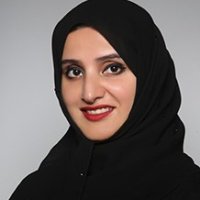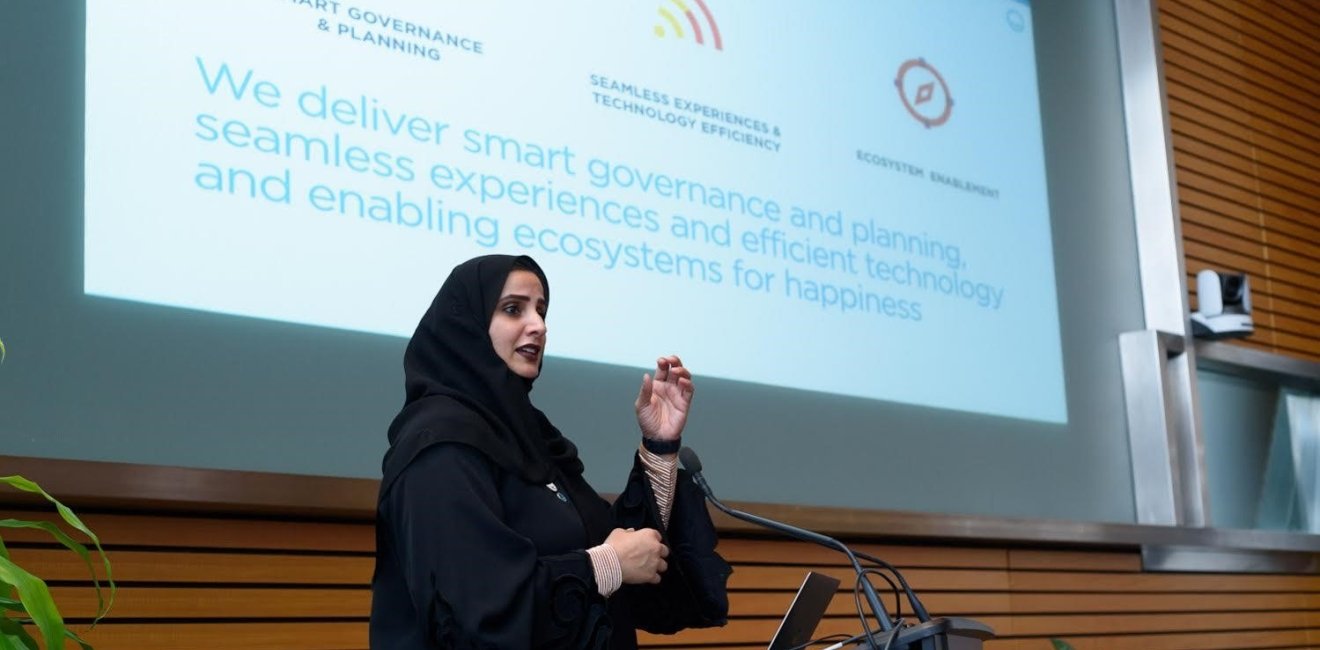
A blog of the Middle East Women's Initiative
The United Arab Emirates (UAE) has transformed women empowerment by further advancing its social, legislative and professional environment that has enabled women to be an active partner in the community.
In some parts of the world, women’s empowerment is still a far-fetched idea; however, in the UAE this is a reality, where women are encouraged to actively participate in nation building and to contribute to the socio-economic development of the country.
This is not a coincidence, but has been designed and meticulously driven by specialized government bodies such as the UAE Gender Balance Council, which was formed in 2015. The Council was specially commissioned to bridge the gender gap across all government sectors in the country; enhance the UAE’s ranking in global gender equality reports; and promote gender balance in decision-making positions. The Council aims to launch innovative initiatives and projects that contribute to greater gender balance, which will position the UAE as a model for equality and a benchmark for legislation.
Women in the UAE occupy prominent positions at the country’s political, economic, business, and social establishments. With nine women ministers, they make up nearly 30 per cent of the UAE's current cabinet. In addition, Emirati women's representation in the Federal National Council (FNC) will be increased to 50 per cent in the coming parliamentary term, up from the current 22.5 per cent.
The UAE’s visionary leadership has consistently sought to empower women since the inception of the nation; Emirati women are now ambassadors, diplomats, ministers, members of the FNC, CEOs of major companies, leaders, and pioneers in numerous fields and sectors.
Across both the private and public sectors, the UAE offers female professionals an inclusive and stimulating work environment, as well as legal protection and access to quality education. Women represent around 70% of university graduates in the UAE; 46.6% of the total labor force; 66% of public-sector employees; and 30% of executives in decision-making positions in the country.
Meanwhile, some 12,000 UAE businesswomen have established projects worth more than USD15 billion. In the booming technology sector, The Economist notes that over a third (35%) of internet entrepreneurs in the Arab World are women, while the international average hovers around the 10% mark.1 And these numbers only keep improving. This isn’t to say that there are no challenges left to conquer; however, when it comes to issues facing female leadership in the UAE private sector, they are similar to hurdles facing women in the private sector globally.
While these issues don’t face women exclusively, promoting Emiratisation will ultimately enhance UAE’s national economy, improve working conditions for all Emirati professionals, and, consequently, empower Emirati women looking to excel in the private sector.
With the tremendous strides and achievements on the women empowerment front, the UAE is constantly looking to bridge any remaining gender gaps driven by international standards such as supporting the implementation of the ‘Gender Inequality Index’, which is issued annually by the United Nations Development Program. We must acknowledge the progress and momentum the nation has achieved on female empowerment and recognize the trailblazers – particularly, our progressive leadership – who are paving the way for more women to make their mark in the professional world.
Image Source: UAE Gender Balance Council, Dubai Government Media Office
Author


Middle East Program
The Wilson Center’s Middle East Program serves as a crucial resource for the policymaking community and beyond, providing analyses and research that helps inform US foreign policymaking, stimulates public debate, and expands knowledge about issues in the wider Middle East and North Africa (MENA) region. Read more


Middle East Women's Initiative
The Middle East Women's Initiative (MEWI) promotes the empowerment of women in the region through an open and inclusive dialogue with women leaders from the Middle East and continuous research. Read more

Explore More in Enheduanna
Browse Enheduanna
Women are the Catalysts for Change in Lebanon

How Education Can Empower Young Women in MENA


